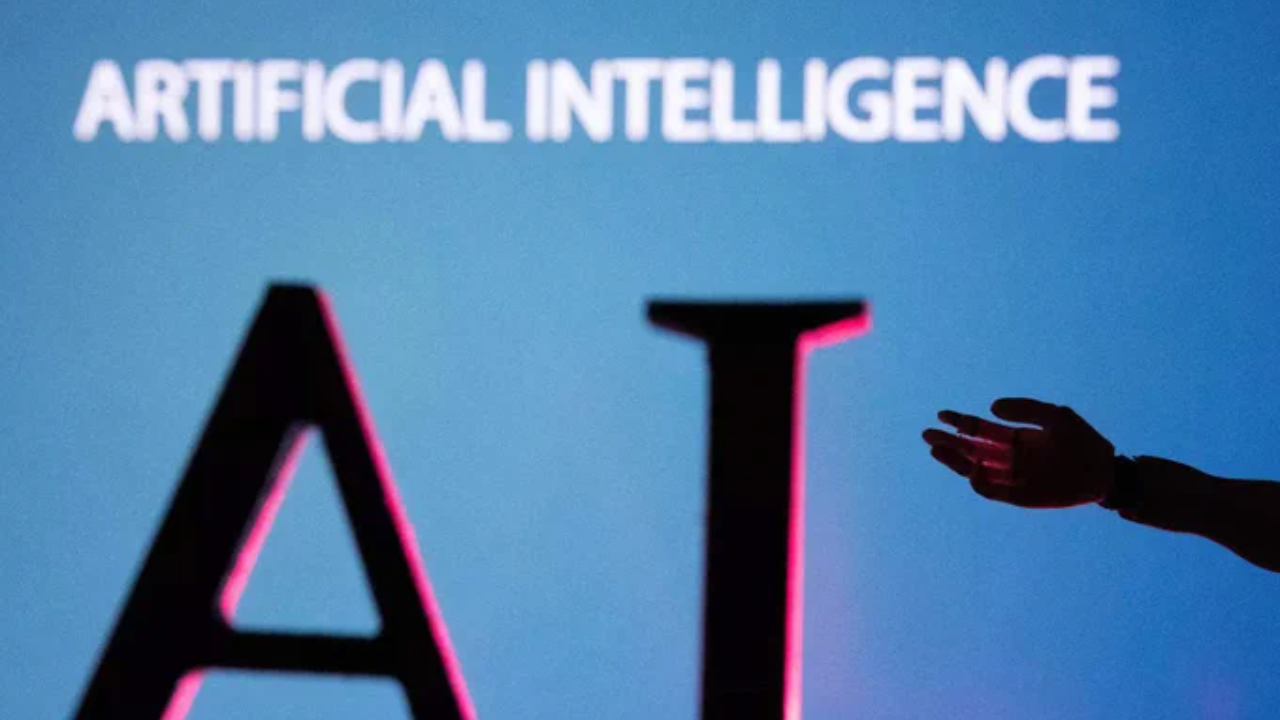News
African Tech Startups Challenge AI ‘Colonialism’ with Vigor

In Johannesburg’s urban expanse, there is an artificial intelligence research lab called Lelapa AI, led by Pelonomi Moiloa. The lab’s name, derived from the Sotho and Tswana languages of southern Africa, signifies “home.” This terminology aligns with the lab’s central mission – crafting algorithms by and for Africans aimed at resonating with their unique perspectives and needs as reported by Telecom.
Also Read: Important Notice: Residents Urged to Update Their Electricity Meter Boxes
Amidst the technology landscape, Lelapa AI is part of a growing cohort of African startups striving to offer an alternative to the AI systems architected by Western giants like OpenAI and Google. This endeavour gains significance as apprehensions of “digital colonialism” gather momentum, driven by concerns over how tech titans amass and wield individuals’ data.
Pelonomi Moiloa underscores this predicament, suggesting that data might be exploited analogously to how material resources were historically taken from the continent, processed, and returned as products. This notion becomes especially alarming when juxtaposed with the potential of AI-powered misinformation campaigns.
In contrast, Lelapa AI functions as more than just a research lab; it’s a “socially grounded product and research lab.” One of its groundbreaking contributions is a language processing tool that caters to underrepresented African languages, aiding companies in translating, transcribing, and analysing text and audio for local audiences.
The project’s financial gains will fuel the creation of an open data platform, which documents the restitution journey of African heritage objects, weaving history and technology into a cohesive narrative.
Though concerns of data colonialism are not confined to Africa, the continent faces the challenge of insufficient AI regulations. An alarm sounded by a UNESCO report in 2022 highlights the potential of AI technologies exacerbating existing societal and economic disparities, especially affecting vulnerable groups like refugees.
Godliver Owomugisha, co-founder of Busitema University Artificial Intelligence and Interdisciplinary Research (BUAIIR) in Uganda, asserts that the distinctive challenges of Africa mandate AI solutions that are locally attuned. BUAIIR harnesses AI to forecast crop diseases, bolstering smallholder farmers grappling with the consequences of climate change.
Yet, not constructing localised AI initiatives tailored to Africa’s needs could render it susceptible to several risks, warns Owomugisha. The potential exploitation of African data without equitable benefits stands as a looming concern.
The theme of localised AI reverberates through various projects across the continent. Pollicy, a Ugandan data research collective, challenges the notion of a “universal user.” Its endeavours focus on amplifying the needs of African women, who are often underrepresented in mainstream tech development. Initiatives like Data Ladies empower women with data analysis, machine learning, and visualisation skills.
Sunbird AI in Uganda was conceived to address societal issues and now navigates realms such as Indigenous language translations, noise pollution detection, electrification planning, and social media analysis. An essential facet of its ethos is that all initiatives are open source, a stance encapsulated by Ernest Mwebaze, Sunbird AI’s executive director, who champions the scaling of “social good” over mere monetisation.
As African AI initiatives ascend, a range of obstacles hinders local pioneers. The vast digital divide, frequent electricity and internet disruptions, rampant poverty, and brain drain form a labyrinth of challenges. Despite the presence of 112 applications and organisations in nine African countries, per the UNESCO report, the absence of resources and infrastructure constraints persist.
A stark disparity surfaces when compared to the developer numbers in Africa – approximately 700,000, paling in comparison to the Indian city of Bangalore’s one million. Nevertheless, these limitations serve as crucibles for innovation, a viewpoint epitomised by Pelonomi Moiloa, who perceives constraints as catalysts for creative problem-solving.
However, Moiloa sounds a cautionary note. While innovative solutions emerge from necessity, recklessly addressing challenges such as the lack of Indigenous language translations could inadvertently marginalise local communities. Drawing parallels to a similar discourse in New Zealand concerning Maori language processing, she emphasises the need to protect the very sources of information being harnessed. The question of equitable reimbursement emerges as a testament to the ethical complexities entwined with technology’s transformational trajectory.
Also Read:
Follow us on Google News
Photo: Twitter / @ETTelecom






















